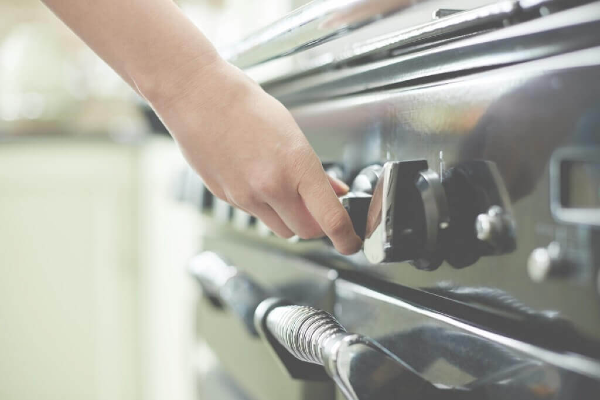Understanding the Difference Between a Gas and Electric Stove


If you’ve ever bought a home or updated your kitchen, you’ve probably had to decide if you want a gas or electric stove. While it may not seem like a big decision at first, because both will give you a fully functioning stove, each does come with its pros and cons.
From cost to ease of use, below are a few things to consider:
The Pros and Cons of Gas and Electric Stoves
Gas
Pros:
- Homeowners typically prefer gas stoves because they heat faster and more evenly. The more control you have over the temperature, the better your food will turn out.
- They’re also safer for homes with children because they cool quickly after being turned off.
- Because gas stoves don’t rely on electricity, they’ll still work in the event of a power outage.
Cons:
- Gas needs to be pumped into your home through a natural gas pipeline, which not every home has access to. If you have gas in your area but don’t have a line connected to your home, installing one can be expensive.
- The initial cost of installing a gas stove is almost always higher than an electric one. However, they may pay for themselves over time because gas stoves are also less expensive to run.
- How efficiently your gas stove runs can depend on the pressure within your pipeline (which you can not control).
Electric
Pros:
- Electric stovetops are easier to clean because they’re one, smooth surface.
- The only time an electric stove provides a better cooking experience is if you frequently roast your food, because electric heat tends to be drier.
Cons:
- Uneven heat distribution can affect how your food and baked goods cook.
- Electric stovetops stay hot long after you’ve turned the burner off because they take several minutes to cool down. Especially if you have children, this can pose a safety hazard.
From an inspection and repair to a full-scale replacement, Mr. Applianceis here to help you every step of the way! Contact our team to learn more.


